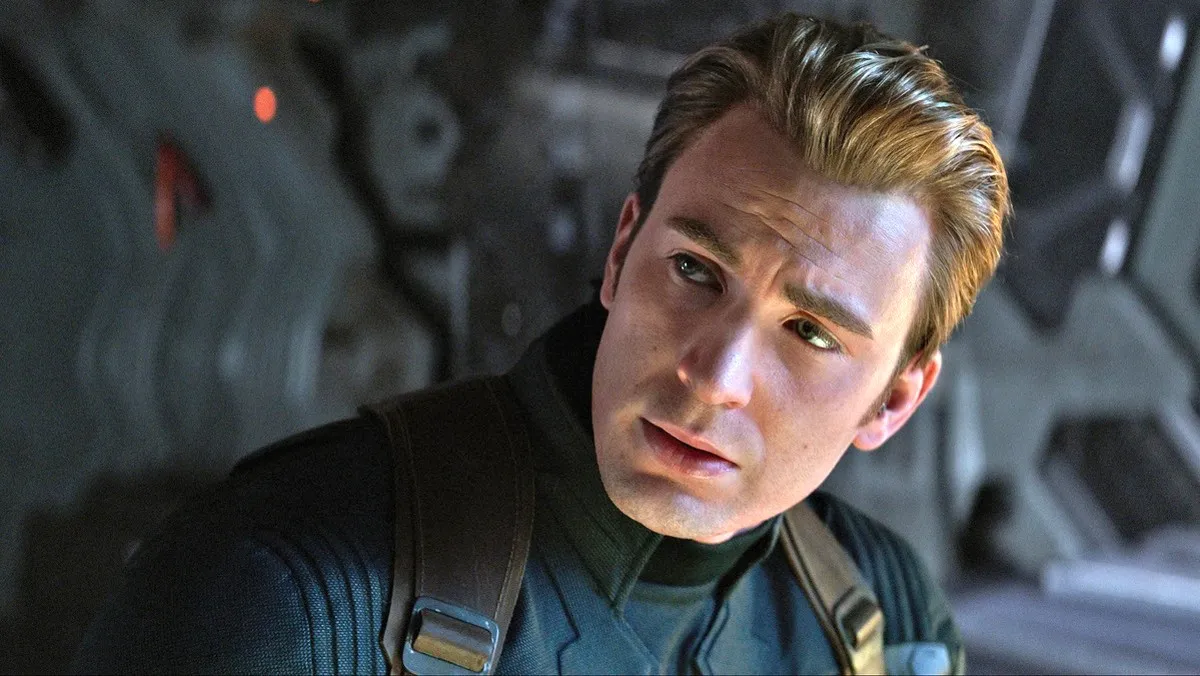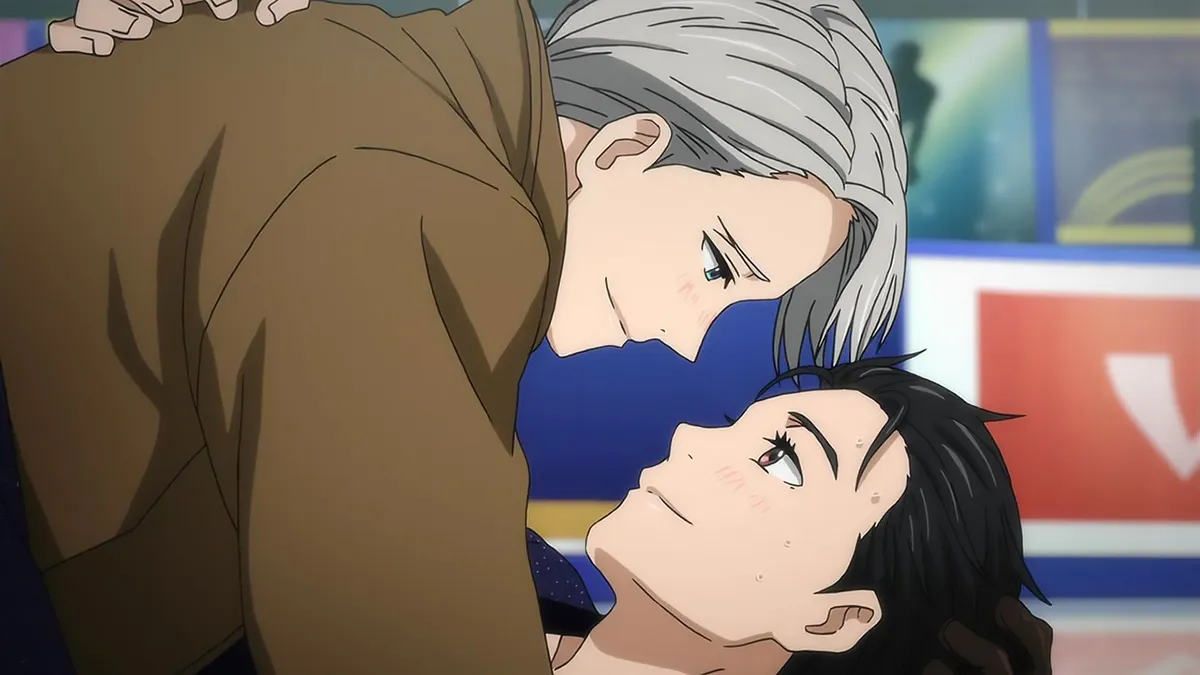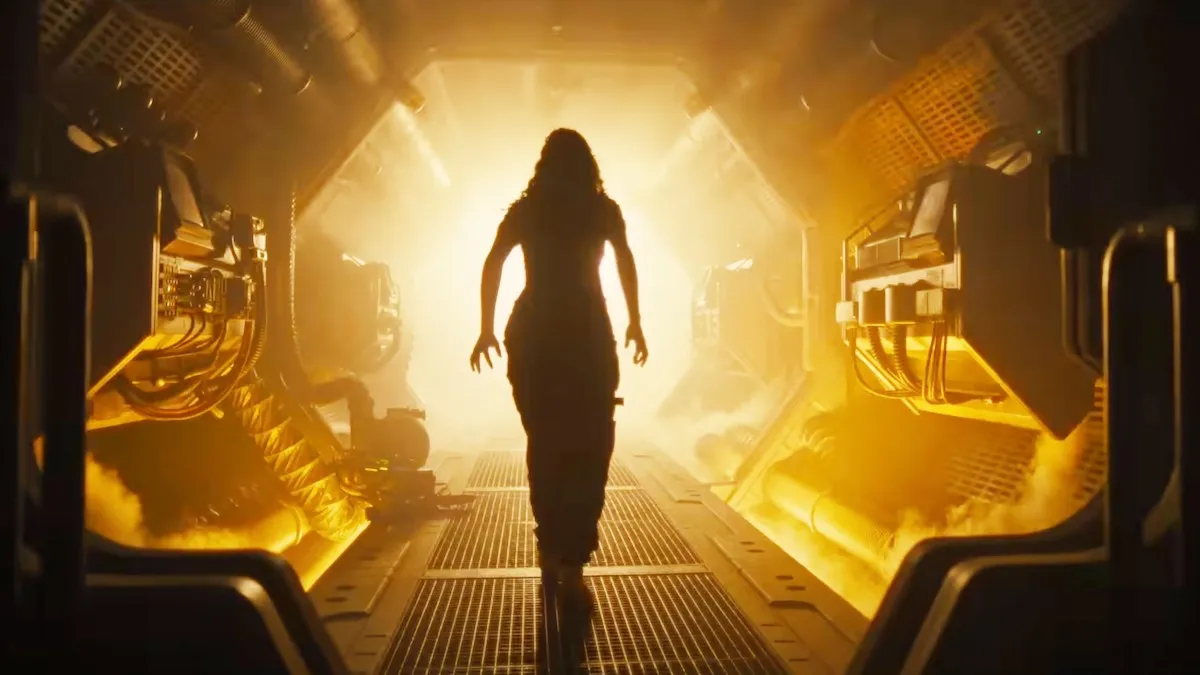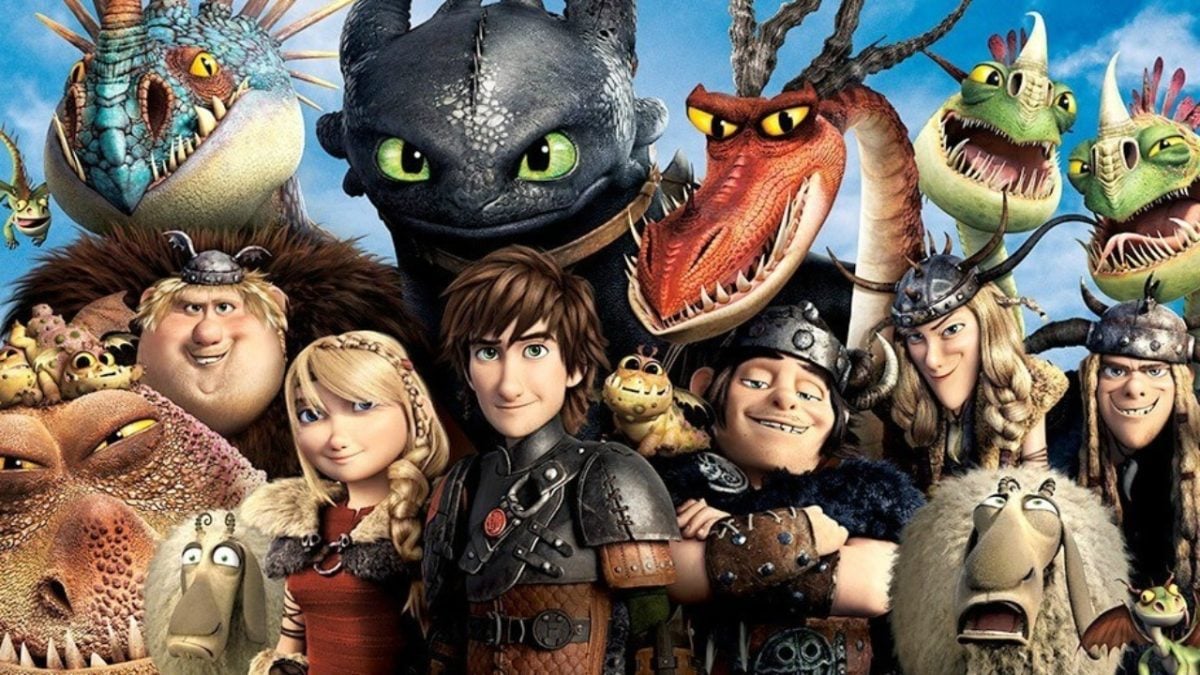
Jason Bateman’s directorial debut, Bad Words, which premiered at TIFF two years ago, was a movie that kept its audience at arm’s length, featuring a difficult protagonist and an absurd premise. And yet, it was a film that, shocking and off-putting at first, grew on me. Now, upon viewing his sophomore directorial effort, The Family Fang, it’s beginning to look like this gradual onset of appreciation for the work is a defining quality of his filmmaking.
That seems fitting: Bateman himself seems like something of a late bloomer, an actor who really found his form after twenty years in the business (granted, he started out very young), and has only recently ventured into feature film directing. Similarly, as a screen presence, Bateman’s is a persona that is moderately likeable at first, but it’s only after sitting and watching him for a while that it dawns on you just how singularly talented he is as an actor. His direction just might share this quality.
The Family Fang, which is based on a bestselling novel by Kevin Wilson and was adapted for the screen by David Lindsay-Abaire (Rabbit Hole), centers on the Fang family: siblings Annie and Baxter (Nicole Kidman and Bateman), also known as Child ‘A’ and Child ‘B’ to their parents, Caleb and Camille (Christopher Walken and Maryann Plunkett — both do outstanding work here, by the way).
An accident that lands Baxter in hospital serves as the catalyst force that brings the family back together again, bringing back painful memories of Annie and Baxter’s childhood. This seems like the premise for a typical dysfunctional family drama, but for one wrinkle — the aforementioned painful memories involve Caleb and Camille staging performance art pieces in public with their children playing key roles in their prank-happenings.
This element separates the film from similar dysfunctional family narratives (such as This is Where I Leave You, in which Bateman starred last year) by making the Fangs a type of family really unlike any other that’s been represented on screen before. Wisely, it introduces us to this fact in a tremendous opening scene, probably the best-directed sequence of Bateman’s young career, in which the family stages an absurd bank robbery, the first of many flashback scenes.
Either Caleb or Camille unfailingly recorded these “pieces” to be watched later, a useful mechanism facilitating the flashbacks. While these scenes offer a clear source for the pain and alienation experienced by Annie and Baxter as adults, they’re also the source of much of the movie’s humor, and provide an opportunity for Bateman to showcase his knack for staging visual comedy (the brief family portrait clip is simple yet perfectly executed).
The comedic side of the film is not enough to label it a comedy, although it’s far funnier than most dramas. Even the dramatic portions of the film are the kind that feel very serious for those involved, but have a tinge of humor when witnessing them as an outsider, making for a really interesting overall tone. The incident the drives the narrative forward, for instance, is Caleb and Camille’s disappearance, which appears to be a double murder, but could just as likely be a product of their own staging, their latest performance piece meant to teach their ungrateful children some kind of a lesson.
The ambiguity of their whereabouts is troubling, but also kind of amusing — the fact that a blood-stained car interior points equally to murder or art gives insight into the level of derangement they possess as parents (although, to be fair, this devotion to their art does not play out as mutually as it may seem at first).
Numerous fascinating ideas exist within this film, even though it wouldn’t seem so initially. Much of the thematic heft of The Family Fang is found in the degree to which Annie and Baxter are messed up by, and can’t escape from, their parents and their art. It speaks to that universal feeling of one’s parents robbing them of certain things, or leaving them with some sort of lifelong damage, and yet their influence endures no matter how hard you try to resist (the lessons in maintaining control in the face of chaos resonate for both siblings from beginning to end, in a nicely handled auditory cue).
There’s also the notion that becoming a true adult is that moment you conceptualize your parents as their own people, with their flaws and individuality, independent of their relationship to their children. Then thrown in the mix is the nature of art itself, the debate over what constitutes art to be sure, but also the whole idea of the cost of art, whether damage done to a young person is worthwhile if it’s in pursuit of art, particularly when the definition and value of art itself is an elusive prospect.
Bateman seems to relate to these family stories in a personal way, and more impressively, seems to find a way to channel this connection into funny and interesting screen narratives. His touch still shows signs of a relative newcomer to directing, but with this also shows signs of great promise. The Family Fang demonstrates what he can do with a more serious script and with great supporting work by Kidman, Walken and Plunkett (not to mention the brilliant composer Carter Burwell), finding a nice, understated way to bring out both the comedy and the drama in life’s absurdities.






